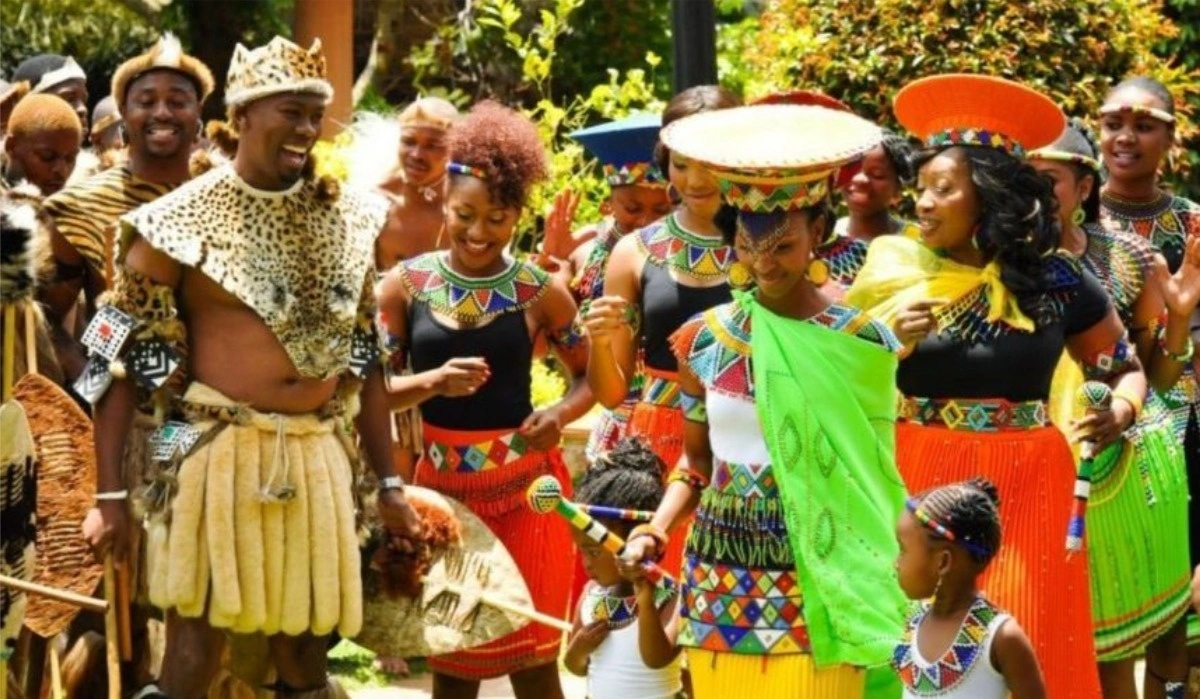Is Traditional Marriage Still Relevant in 2025?
In a world shaped by rapid digital transformation, shifting gender roles, and evolving societal values, the institution of traditional marriage is facing increasing scrutiny.
Once viewed as the ultimate symbol of commitment and stability, marriage in 2025 is no longer the default destination for romantic relationships — and for many, that’s okay.
Also Read: Why Men Are Less Likely To Initiate Divorce Than Women
The Rise of Alternative Partnerships
Cohabitation without legal ties, open relationships, long-term dating, and even “single by choice” lifestyles are becoming more visible and widely accepted. Young adults in particular are redefining what love and commitment look like.
Social Media’s Role in Shifting Priorities
With platforms like TikTok, Instagram, and podcasts giving rise to “soft life” culture, more people are re-evaluating the traditional roles expected in marriage.
The emphasis on independence, luxury, and personal well-being has led many to ask: why enter a traditional setup that might compromise these values?
At the same time, some netizens argue that social media also glamorizes unrealistic love stories, making real-life marriage seem mundane or unattainable.
Financial Pressures and Delayed Commitments
The economic reality cannot be ignored. In South Africa and beyond, rising living costs, unemployment, and the price of lavish weddings have pushed many couples to delay or forgo marriage altogether.
Tradition Still Has a Place
Despite the changes, traditional marriage is far from obsolete. Religious values, cultural expectations, and a desire for legacy keep many firmly rooted in the idea of saying “I do.”
Customary marriages, lobola negotiations, and white weddings still hold deep significance for many South Africans. For some, these rituals represent more than just romance — they symbolize unity, respect, and continuity of heritage.
The Verdict? It Depends on Who You Ask
So, is traditional marriage still relevant in 2025? The answer isn’t a clear yes or no — it’s more of a personal choice shaped by culture, class, goals, and belief systems.
In today’s world, the real shift seems to be toward intentionality: whether it’s marriage, long-term partnership, or choosing oneself first, people want decisions that align with their truth.

